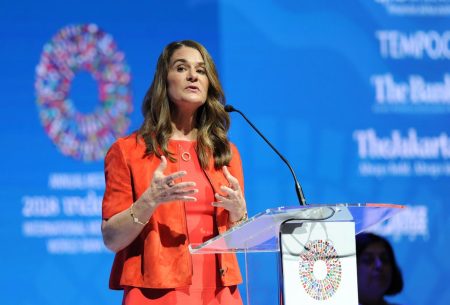A recent report has shed light on the extent of foreign ownership of U.S. farmland, particularly focusing on Chinese investment. Critics in the U.S., such as former South Carolina Governor Nikki Haley, have raised concerns about Chinese ownership of American farmland. However, a study by Cornell University found that countries classified as adversaries, including China, only held 1% of the total foreign-owned farmland in the U.S. as of 2020.
Canada emerged as the top foreign country in terms of ownership of U.S. agricultural land, holding about a third of the total foreign-owned land. Much of Canada’s ownership was concentrated in forestland in states like Maine and Michigan, which border Canada. The U.S. federal government does not prohibit foreign land ownership, but the Agricultural Foreign Investment Disclosure Act of 1978 requires foreign investors to report their holdings and transactions in U.S. agricultural land to the Secretary of Agriculture.
Assistant professor Wendong Zhang, a co-author of the Cornell report, noted the increasing political attention on Chinese ownership of U.S. farmland, prompting the study to uncover the facts surrounding foreign ownership. Zhang emphasized the importance of scrutinizing foreign purchases of American farmland, as the overall share of foreign-owned land has increased significantly in the last two decades. Despite this growth, the overall share remains relatively low.
Chinese investors, including companies like WH Group and individuals like Chen Tianqiao, have made notable purchases of American farmland in recent years. The acquisition of Virginia-based Smithfield Foods by WH Group in 2013, as well as Chen’s purchase of forestland in Oregon in 2015, have drawn attention to Chinese investment in U.S. farmland. Chen’s company, Shanda Asset Management, has emphasized its adherence to legal requirements and procedural norms in its land acquisitions.
Long-term leasing is a key factor driving foreign interest in U.S. farmland, with many transactions linked to renewable energy development. The Cornell report highlighted the importance of understanding the context of foreign ownership and leasing of American farmland, particularly in the face of increased state-level legislation aimed at addressing concerns about foreign investment. While there are grounds for scrutiny and concern, Zhang emphasized the need to base discussions on facts rather than rumors. This study provides valuable insights into the landscape of foreign ownership of U.S. farmland and the implications for agricultural and energy development.













